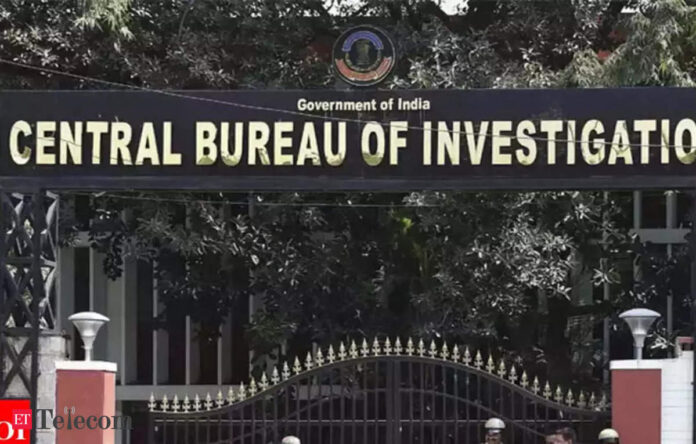In Short:
The Telecom Regulatory Authority of India (TRAI) has recommended the introduction of a new experimental authorization called Tera Hertz Experimental Authorisation (THEA) for the spectrum range of 95 GHz to 3 THz. This initiative aims to encourage research, development, and testing of new technologies. Eligible Indian entities, such as academic institutions and telecom providers, can apply for THEA for up to five years, with a fee of Rs. 1,000. Additionally, TRIA suggests allowing operations in several frequency bands to support next-generation wireless technologies, enhancing capacity and fostering innovation in various industries, aligning with the ‘Make in India’ initiative.
TRAI Unveils Exciting New Guidelines for Tera Hertz Spectrum

The **Telecom Regulatory Authority of India (TRAI)** has just rolled out a set of game-changing recommendations concerning the **Tera Hertz Spectrum**.
What Prompted the Recommendations?
It all started when the **Department of Telecommunication (DoT)** reached out to TRAI, requesting insights based on Section 11(1)(a) of the TRAI Act, 1997. The focus? To explore the potential use of unused or sparsely-used spectrum bands in the Tera Hertz range, especially for short-term demand stimulation.
Engaging Stakeholders
To tackle this topic, TRAI produced a consultation paper to engage various stakeholders. There was a constructive exchange of ideas, with 17 stakeholders contributing their thoughts and two providing counter-comments. TRAI even hosted a virtual open house to dive deeper into these discussions.
Key Highlights of TRAI’s Recommendations
After carefully considering the feedback, here are the standout recommendations:
- Introduce a new framework called ‘**Tera Hertz Experimental Authorisation (THEA)**’ specifically for the spectrum ranging from **95 GHz to 3 THz**.
- Here’s what THEA encompasses:
- Purpose: THEA is designed to foster research and development (R&D), facilitate indoor and outdoor testing, conduct technology trials, experimentation, and demonstration within the 95 GHz to 3 THz range.
- Scope: The authorisation allows for R&D, testing, technology trials, and the marketing of experimental devices that operate in this spectrum range.
- Eligibility: A diverse range of Indian entities—including academic institutions, R&D labs, government entities, and telecommunication service providers—can apply for THEA.
- Device Marketing: Direct selling of experimental devices designed for the 95 GHz to 3 THz range will be permitted under THEA.
- Authorisation Duration: The initial authorisation can last up to five years, extendable for additional five-year terms.
- Fee Structure: The cost for obtaining THEA has been set at a nominal fee of Rs. 1,000 for a five-year period.
- Operations in the frequency bands of **116-123 GHz**, **174.8-182 GHz**, **185-190 GHz**, and **244-246 GHz** will be exempt from authorisation.
- The **77-81 GHz** frequency range will also become available for assignment-exempt use specifically for automotive radar systems.
Encouraging Innovation and Growth
The implementation of THEA is expected to ignite innovation among entrepreneurs and academic institutions, allowing them to explore and evaluate new technologies in the Tera Hertz band. This initiative not only facilitates product development but also strengthens the **‘Make in India’** vision.
A Future Ready for Breakthrough Technologies
Moreover, TRAI believes that the proposed authorisation and assignment exemption in designated frequency bands will pave the way for next-generation wireless technologies. These advancements will operate both indoors and outdoors, enhancing capacity and reliability across existing and emerging applications. Such releases will significantly bolster various industries, driving growth and operational success.





